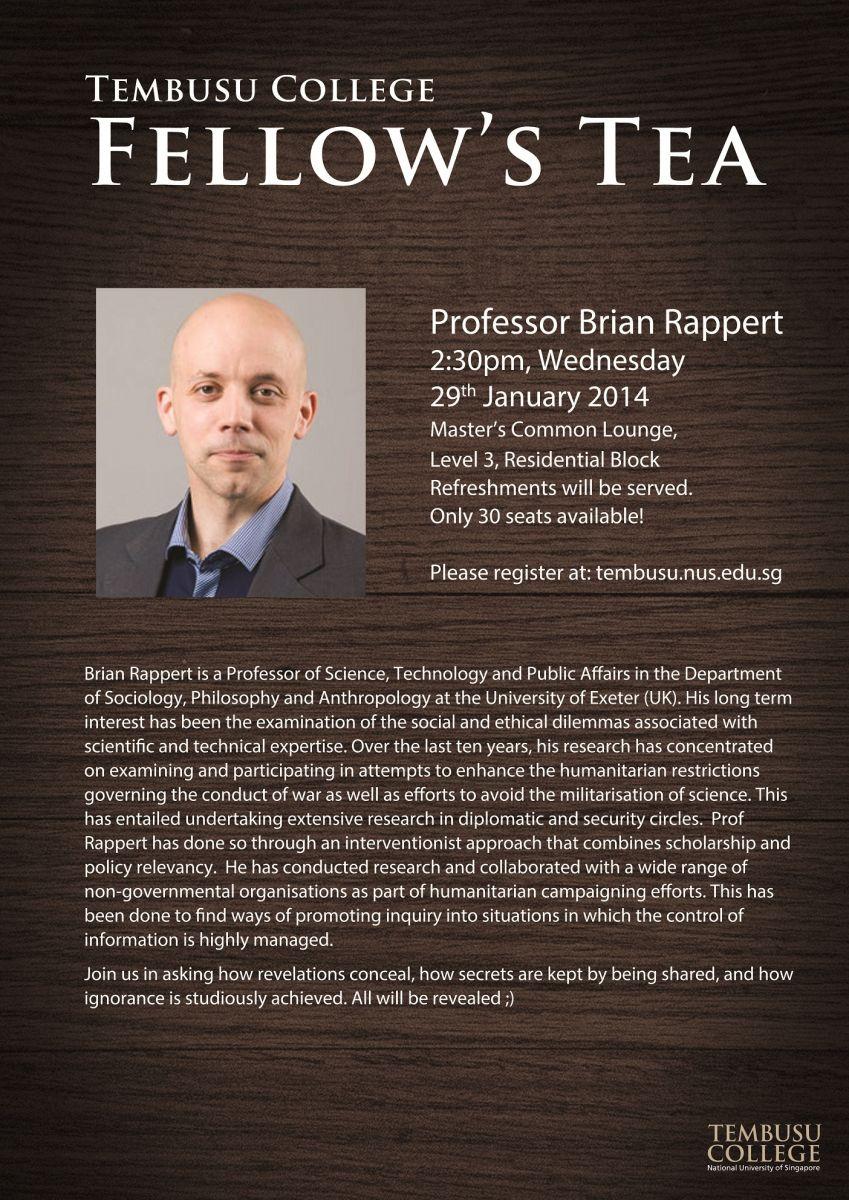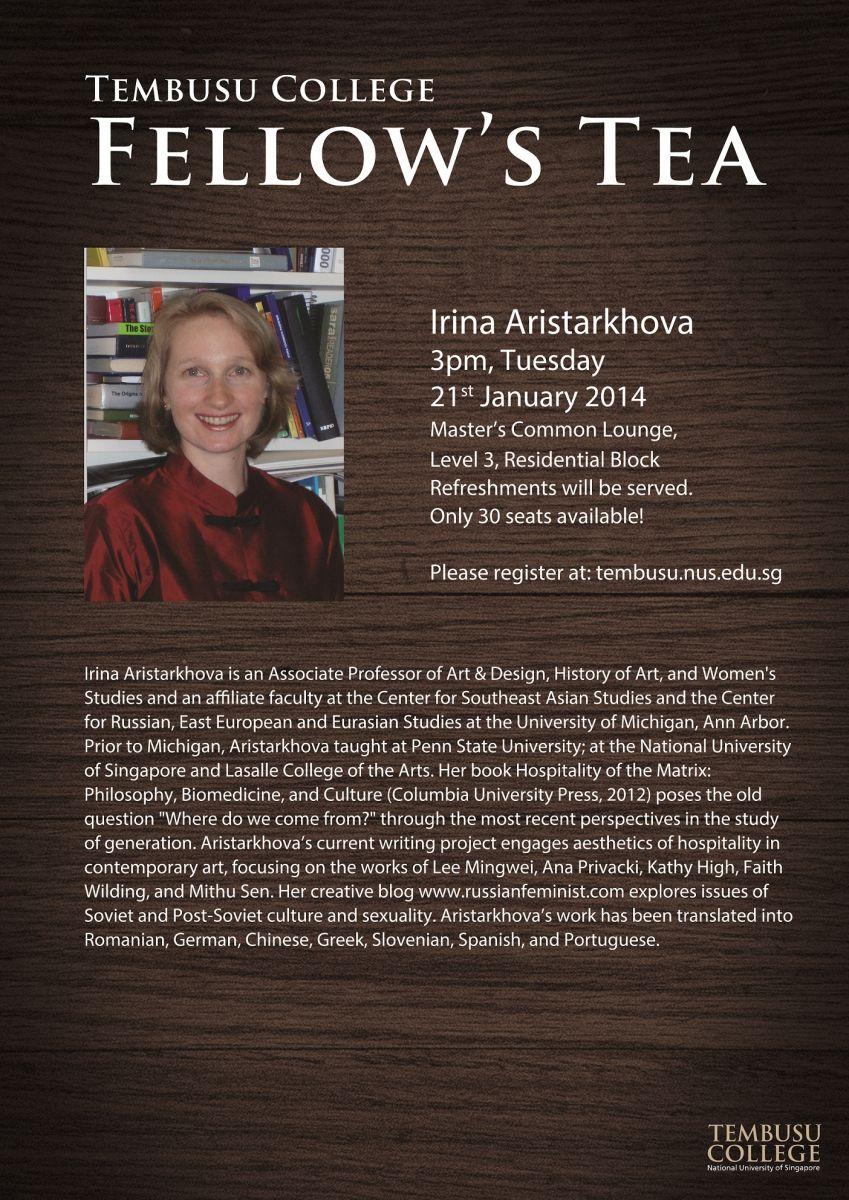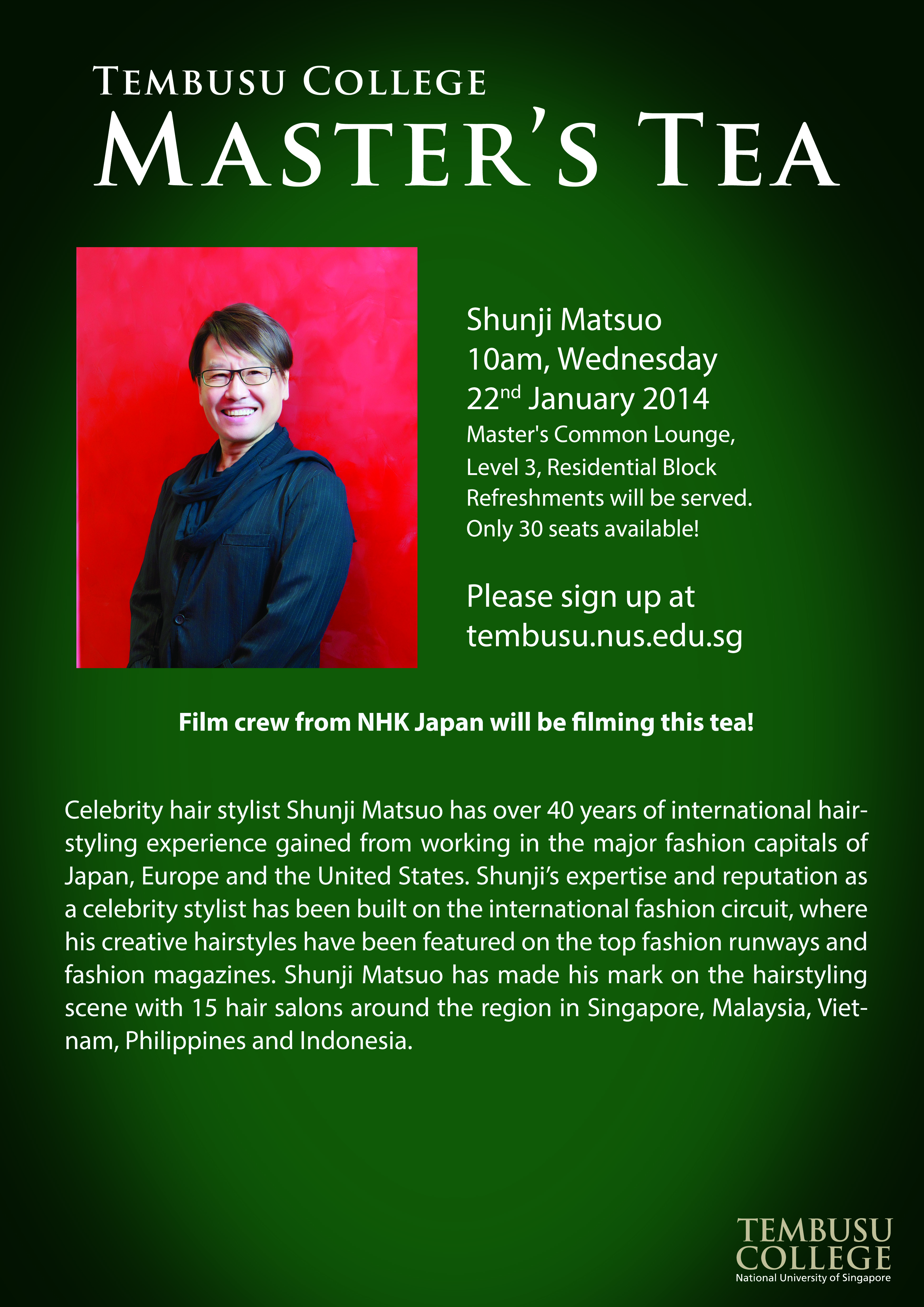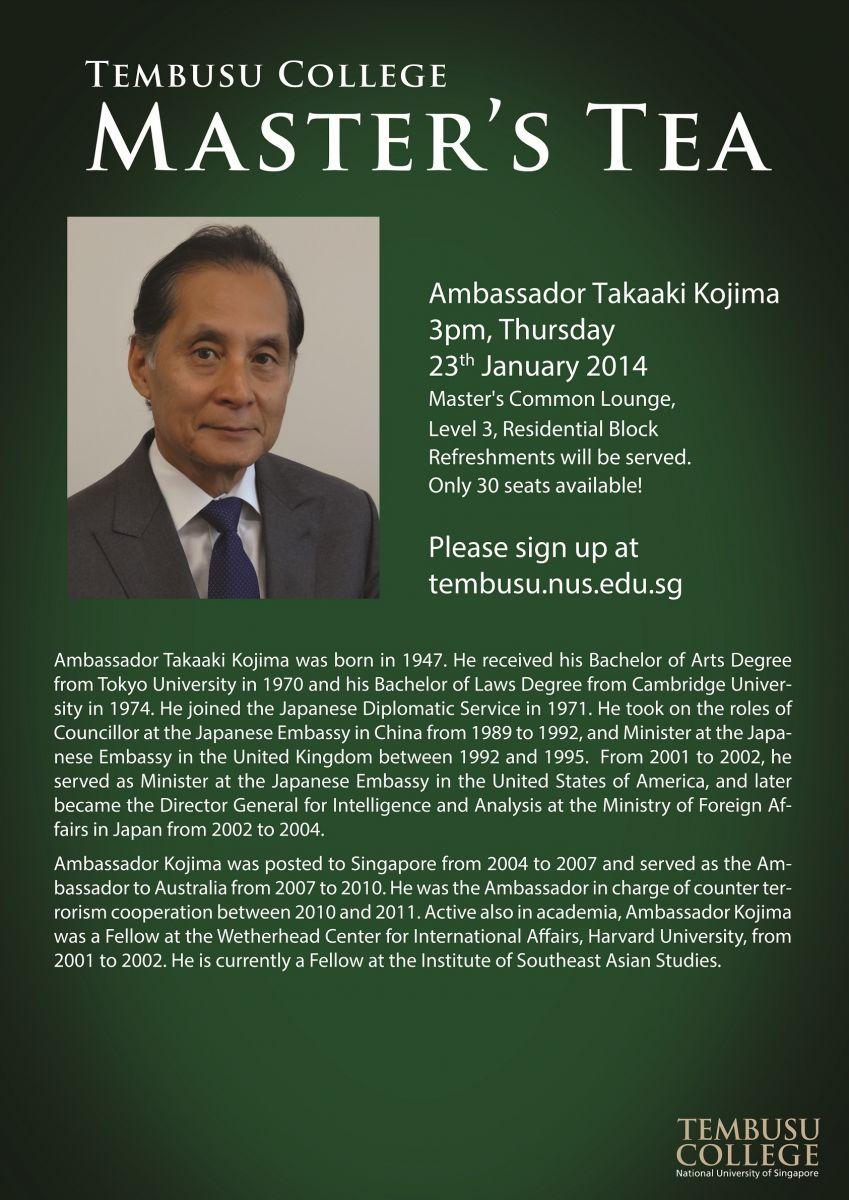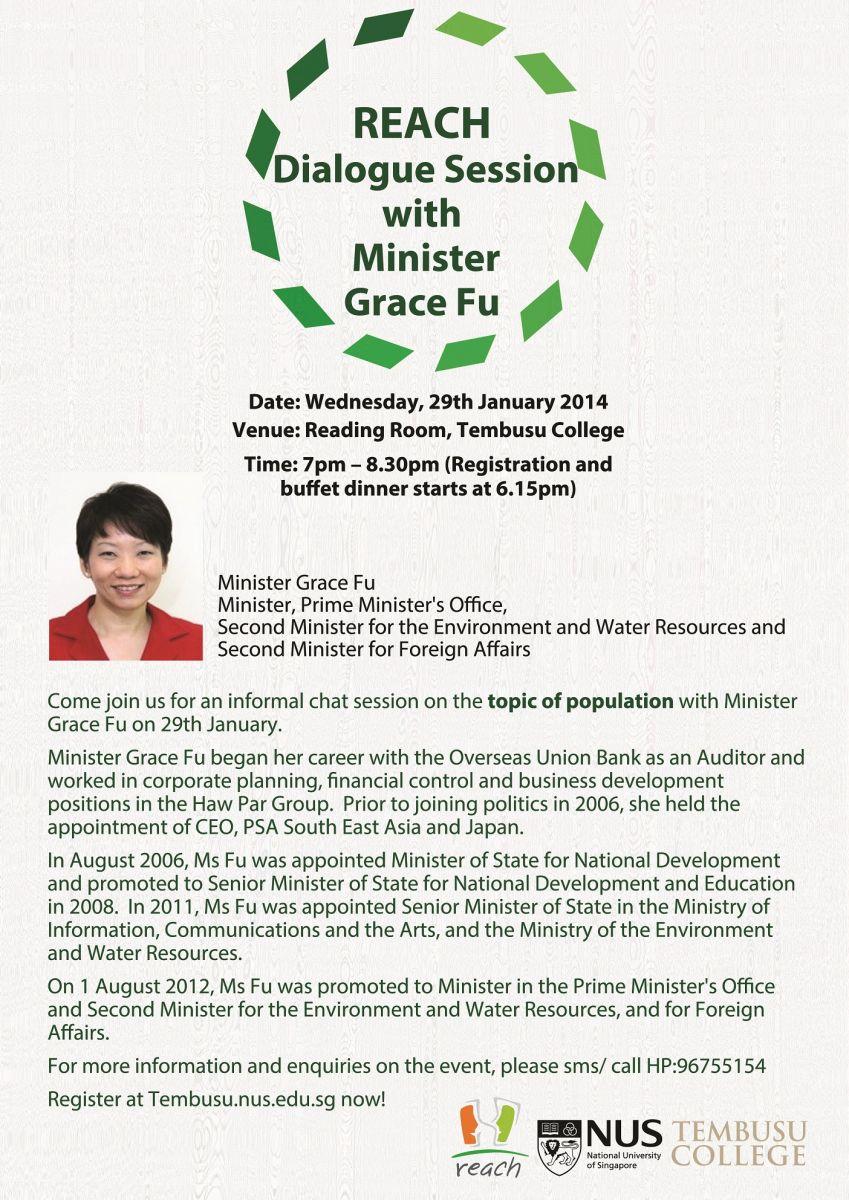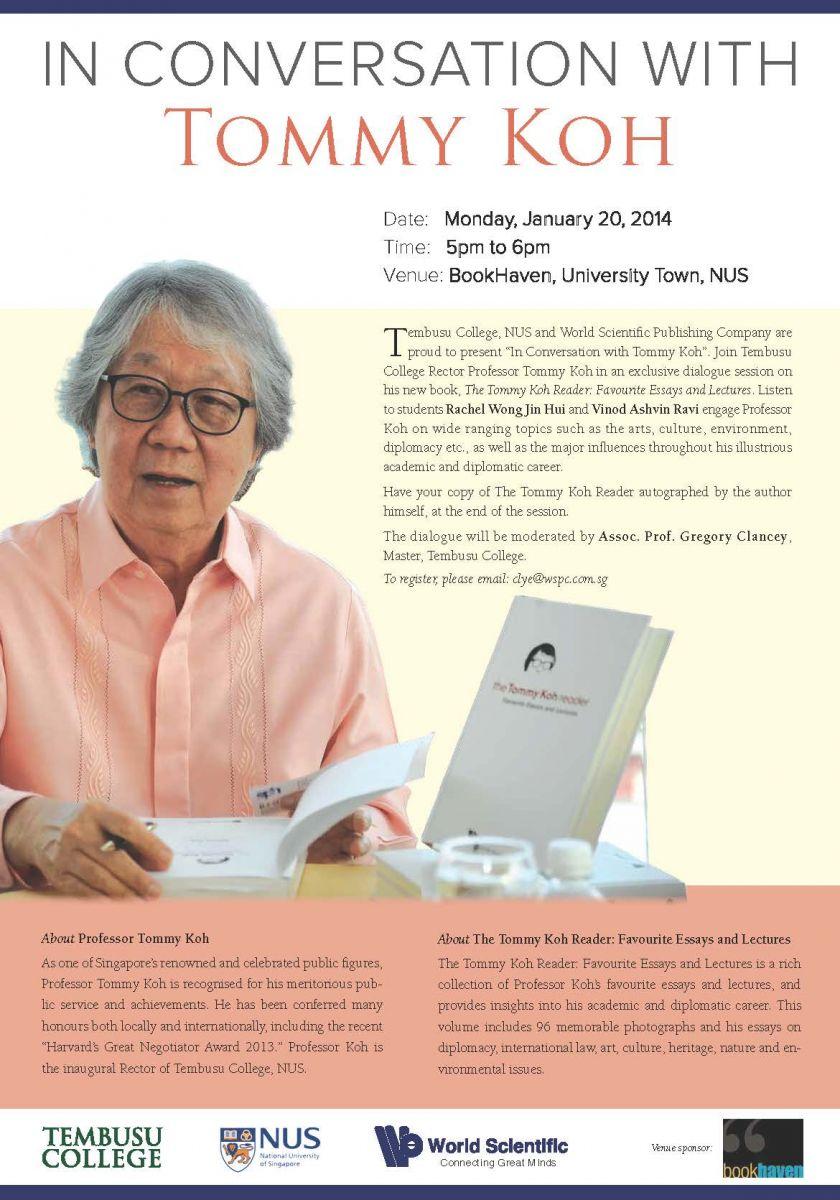This essay is reproduced from the Centre for International Law of the National University of Singapore.
By Professor Tommy Koh
Introduction
Speaking at the inaugural Straits Times Global Outlook, in November 2012, I made the following predictions for 2013:
· The US and China will live at peace with each other
· Chinaand Japan will not escalate their dispute over Senkaku/Diaoyu into a full-scale conflict
· The Eurozone will begin to recover and the European integration project will not be derailed
· ASEAN will recover from its setback in 2012 and regain its unity and maintain its centrality in regional institutions.
Sino-American Relations
What was the state of Sino-US relations in 2013? I would describe it as stable, cooperative and competitive. President Barack Obama and President Xi Jinping are aware of the weight of history and are determined to avoid a Sino-American war.
The two leaders met for 3 days of talks at the Annenberg Estate in Sunnylands, California. The purpose of the summit was for each side to have a better understanding of the core interests and strategic imperatives of the other. The talks were also intended to reduce their mutual distrust and to increase mutual confidence. The most important deliverable of the summit is that the two leaders agreed to build a new type of relationship between the two major powers. I think what is “new” is that the relationship is not confrontational and not a zero sum game. They agreed that their relationship is not adversarial and that conflict between them is not inevitable.
However, the reality is that there is a huge deficit of trust between the US and China. My friends in Beijing continue to believe that the strategic objective of the Obama Administration is to contain the rise of China. They also believe that the tensions between China and Japan and between China and the Philippines are due to American machinations.
China and Japan
While I am right that China and Japan have not escalated their dispute over Senkaku/Diaoyu into a full-scale conflict in 2013, the trend is negative. Relations between the two countries have deteriorated. The two governments seemed determined to provoke each other and to see who will blink first. This is a dangerous game which could accidently trigger a shooting incident, which might then escalate out of control.
Since Japan’s Air Defence Identification Zone (ADIZ) includes the disputed islands, China has promulgated its own ADIZ which also includes them. By doing so, China is sending Tokyo the clear message that it is serious about contesting Japan’s sovereignty claim. The only way for the competing sovereignty claims to be resolved is through arbitration or adjudication. Since both China and Japan have nationals who are judges of the International Court of Justice, it would be an act of statesmanship if the two governments would agree to refer their dispute to that court. In order to do so, Japan will have to acknowledge that there is a dispute and China will have to revise its policy that it will not submit a sovereignty dispute over territory to arbitration or adjudication.
In this respect, China and Japan should emulate the example of the ASEAN countries. Although no ASEAN national has ever served as a judge of the International Court of Justice, five of the ten ASEAN countries, namely, Cambodia, Indonesia, Malaysia, Singapore and Thailand have referred territorial disputes to that court. In contrast, neither China nor Japan has ever done so.
Recovery in the Eurozone
During the Euro crisis, many pundits, especially those from England and America, predicted the collapse of the Euro. They resurrected their old arguments that there is no economic logic for European Monetary Union and that you cannot have a common currency without a common fiscal policy.
The critics lack an understanding of European history. After two devastating world wars, the leaders of Europe were determined to banish war from their continent. They sought to achieve this objective by integrating their economies and pooling their sovereignty. Step by step, they have moved towards this goal. After achieving a single market, they decided to move towards a common currency. There is both economic and political logic for monetary union. The European integration project is ultimately a peace project. For this reason, the European leaders are prepared to do whatever it takes to ensure the success of the Euro. The European story is a story of overcoming one crisis after another. With each crisis, Europe has emerged stronger and more unified. This is also true of the recent crisis. The crisis has brought about a new fiscal compact treaty, tighter regulation and supervision of the banking industry, etc.
The good news is that the Eurozone has emerged from recession. It is on the road to recovery. No one today is talking about the breakup the Eurozone or the collapse of the Euro. In 2014, the Eurozone should start to consolidate and is likely to register positive but moderate growth.
ASEAN United Again
2012 was a very bad year for ASEAN. For the first time in 45 years, the ASEAN Foreign Ministers were unable to agree on the text of their joint communiqué, at their annual meeting in July 2012. The reason for the failure was due primarily to the decision by the ASEAN chair, Cambodia, to please China at the expense of ASEAN unity.
The setback was a wake-up call for ASEAN. It was awakened to the danger of ASEAN disunity in the face of a rising China and a more intense rivalry between China and the United States. The lesson learned was that ASEAN must remain united, independent and neutral. Only such an ASEAN can play the role of convener and facilitator of the various regional institutions and processes.
We were right in predicting that, in 2013, under the able and astute chairmanship of Brunei, ASEAN will recover its unity and credibility. Sultan Hassanal Bolkiah, Foreign Minister, Prince Mohamed Bolkiah and Second Foreign Minister, Lim Jock Seng, should be complimented for their outstanding chairmanship of ASEAN in 2013. Next year, Myanmar will occupy the chair. I am confident that it too will rise to the occasion and maintain the family’s unity and focus on the important task of completing ASEAN’s transition from association to community by the deadline of 2015.
A Preview of 2014
What can we expect of the new year?
Economically 2014 will be a better year than 2013. The US recovery is picking up steam. The Eurozone crisis is over and Europe is on the road to recovery. Asia will continue to be buoyant. World trade and growth will be boosted by the successful conclusion of WTO’s Doha Round and APEC’s TPP.
Politically, the picture is generally positive. ASEAN is likely remain united. Relations between the US and China are likely to remain stable. Sino-India relations are trending in an optimistic direction. The only potential flashpoint is the increasily hostile relationship between China and Japan. It makes no sense for these two neighbours, whose economies are complementary and interdependent, to view each other as enemies. It is time for them to leave their historical baggages behind them and to join ASEAN and the rest of the region in forging a new vision of a united, peaceful and prosperous future for Asia.


